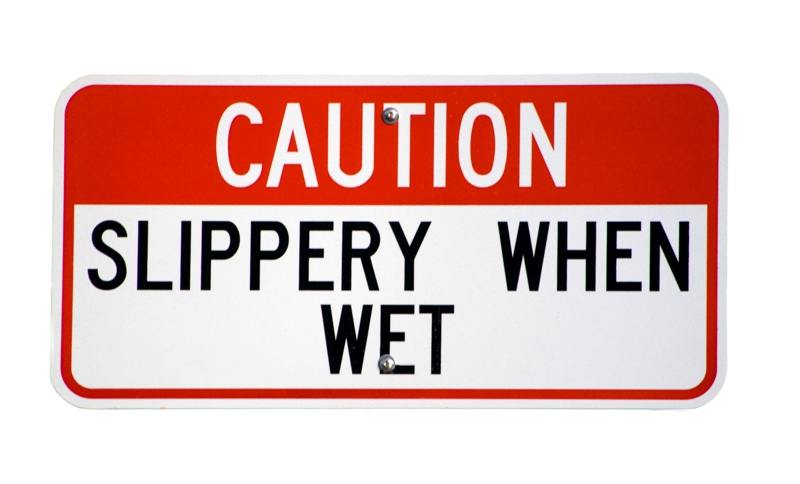Lube

Lubrication is what makes sex feel good; it decreases friction caused by body parts and protection barriers rubbing together. Lubrication helps lower the risk of getting an STD by reducing the risk of the condom breaking or slipping out of place. Lube also decreases the risk of creating tiny cuts or abrasions which can let in STDs. Water and silicone-based lubricants are recommended for sex. A note on silicone based lube: Silicone is a synthetic substance. Silicone-based lubricants stay slippery longer than those that are water-based. A silicone lubricant is safe to use with condoms but may be difficult to wash off your body, clothes, or sheets since they are water-resistant. Those with sensitive skin may especially want to consider them; they typically do not cause allergic reactions or skin irritations. Silicone lubricants are more expensive than water-based options.
How does it work?
Lubrication used in the following ways can help limit these tears and make condoms feel better.
- A little bit of lube on the head of the penis before putting the condom on will increase sensitivity to the penis. (Don’t put the lube all over the penis or the condom will slip off.)
- Lube on the outside of the male condom, in and around the vagina/vulva or anus will help make things more slippery.
- Universal condoms (female condoms) are lubricated in the package and come with extra lube. If the female condom starts to squeak or the penis starts to push the outer ring into the anus, more lube should be used and should be put either into the condom or onto the penis (the latter may be easier).
- If a condom is not being used, the use of lube on the penis and anus can help reduce the risk of HIV transmission during anal sex.
Lube Precautions
Different types of lubricants work with different types of condoms. Some are safe for use with latex or polyurethane condoms whereas others (oil based) weaken and destroy the latex, causing the condoms to break. Lubricants Safe for Use with Latex Condoms (not a complete list):
- Glycerin
- Wet ®
- Spermicide
- Aloe-9 ®
- Aqualube ®
- Astroglide ®
- deLube ®
- ForPlay ®
- Gynol II ®
- ID Lube ®
- KY Jelly ®
- KY Liquid ®
- PrePair ®
- Probe ®
- Touch ®
- Eros
Lubricants Not Safe for Use with Latex (not a complete list):
- Baby Oil
- Cold Cream
- Edible Oils (like olive, peanut, corn, etc.)
- Hand or Body Lotions
- Massage Oils
- Mineral Oil
- Petroleum Jelly (Vasoline ®)
- Shortening (Crisco ®)
- Suntan Oils/Lotions
- Whipped Cream
- Cornhuskers ®
- Bag Balm ®
- Certain Vaginal Yeast Infection Treatments
- Butter/Margarine
Nonoxynol-9 and the Risk of STDS
Nonoxynol-9 is a chemical that kills sperms to prevent pregnancies and is contained in many contraceptive products and spermicides available in Canada. It is found in: Advantage 24 contraceptive gel, Delfen foam, KY Plus Jelly spermicidal lubricant, Protectaid contraceptive sponge and Ramses and Durex brands of condoms with spermicide. Trials have found that Nonoxynol-9 can cause inflammatory changes and lesions in mucosal surfaces when used in the rectum or vagina. These changes can act as entry points for HIV and other STDs. The best STD and HIV barrier, therefore, is a male or female condom without Nonoxynol-9. However, a condom lubricated with Nonoxynol-9 is better than using no condom at all. Nonoxynol-9 has been studied as a microbicide (chemical substances that kill viruses and bacteria) for the prevention of STDs. The most recent evidence is that Nonoxynol-9 should not be promoted as an effective means of HIV prevention. In fact, it may increase the risk of HIV transmission.
How do you get it?
Lubes are available without a prescription and are sold in drugstores, supermarkets (in some stores, they’re in the “Family Planning” aisle). They can also be obtained from some health centers, family planning clinics (including Vista Community Clinic), and schools.
Contact us if you would like free lube in the North County San Diego area.
Adapted from STDResource.com’s Lube and Lubrications section: http://www.stdresource.com/concern/c1_d_3_e_5.php